Let’s address the absolutely ridiculous idea that fat makes you fat.
If fat made people fat, wouldn’t anyone who ever consumed lots of extra virgin olive oil (like in the traditional Mediterranean diet) be morbidly obese? Or what about the Inuit, who consumed a very high fat, low carbohydrate diet? Using this logic, they would have been larger than anyone in the United States today, despite current obesity rates being as high as they are.
The problem doesn’t lie in fat, but rather in sugar and refined carbohydrates. Take, for example, the following debate, which occurred in 2011 and consisted of high-ranking professors and researchers from Harvard University and other top schools in the United States. Here is one of many passages which completely debunk this outdated and ridiculous concept.
Curious about ketosis?
Click here to get the FREE Easy Keto Guide to learn the right way to go keto!
“Total fat doesn’t matter, nor does saturated fat seem to. The traditional Diet-Heart paradigm is based on ecologic studies, biomarker studies, and animal experiments. These are best for hypothesis generation, not solid conclusions.”
This is a quote from Dariush Mozaffarian, M.D., Dr.P.H, who is one of the most well respected minds in the world of nutrition and health. As can easily be seen, suggesting that fat of any kind is unhealthy is both foolish and inaccurate. There are, unquestionably, certain fats that are problematic. However, when we see any kind of information come out suggesting that fat is bad for you, it is usually based on a flawed studied or inaccurate and/or biased interpretation of the results.
The Evidence
For example, we see many studies which claim that “high fat feeding promotes the metabolic syndrome.” However, what one must do in cases such as these is look at the actual studies to determine what the diet actually consisted of and what type of animal the study was performed on (human, rat, mouse, etc.) If one is unfamiliar with the scientific literature, they may be shocked to learn that nearly 100% of these studies consist of diets that are not at all what one in the health world would consider a “high fat” diet.
Gone are the almonds, heart healthy extra virgin olive oil, avocados and other staples like coconut oil. Instead, many of these studies feed their subjects ridiculous concoctions of “food.” Here is what one actual high fat diet consisted of: powdered Purina 5001, hydrogenated vegetable fat, with casein, L-methionine, AIN-93 vitamin mix, and AIN-93 mineral mix. Before we get into just how ridiculous and unhealthy this “food” is, here is the actual table for the study, in case one wants to research this further.
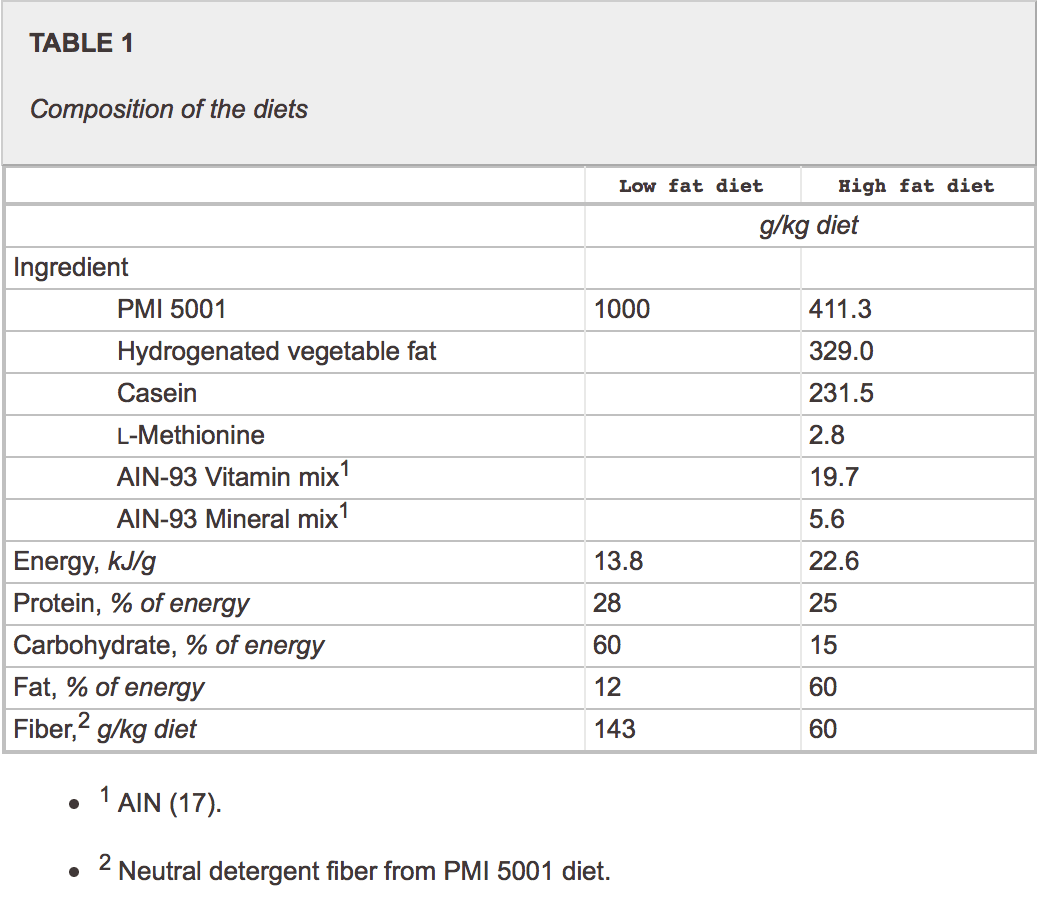
The Details
Lets start with the Purina 5001 and what it truly is, because last time I checked, you couldn’t buy that “food” at a Whole Foods or farmer’s market. If we go to the actual website for this diet, we find that Purina 5001 consists mainly of: ground corn and dehulled soybean oil. For those extra curious, there are over 30 total ingredients (none of them much better than the 2 main ones) and they can all be read here.
So, we are starting this “high fat” diet with ground corn and soybean oil. Hmm. Okay. Then we are adding hydrogenated vegetable fat, dairy (casein), an amino acid, and a vitamin mix, along with a mineral mix. Does this look like a high fat diet that anyone in his or her right mind would consume? I didn’t think so.
Is There A Bias?
Where are the avocados, extra virgin olive oil, coconut oil, etc.? Where are the quality, wild caught or grass-fed, sources of protein? Where are the quality sources of carbohydrate? Exactly. They’re all missing. This is like saying you are consuming a nutrient-dense diet – all the while you’re actually eating at McDonald’s. It simply makes no sense, is inaccurate, purposefully misleading, and dangerous to those who don’t review the scientific literature carefully.
By the author’s own words, around 17% of total fat in this “diet” was trans fat (!). They then go on to state that “this diet was used because of the more pronounced obesity it has produced in rats in our laboratory than have several commercial high fat diets.” Does anyone else see the problem here? They know, going into the study, that by using this monstrosity of a “diet,” the rats (who aren’t humans, by the way) will get obese. So, what exactly is the point of their study?
Any scientist can run a study and then claim that “high fat diets promote the metabolic syndrome.” This is especially true if feeding the subjects trans fats and not basing the diet on anything resembling an actual high fat, low carbohydrate diet. If one were to, instead, look at human, high fat, low carbohydrate studies, they would find very different results.
The Reality
Take this study, for example, which followed (human) subjects over 12 months and compared a low fat diet with a high fat diet. The results?
“The low-carbohydrate diet was more effective for weight loss and cardiovascular risk factor reduction than the low-fat diet.”
So, when performed on actual humans, eating actual food (not rat chow), a high fat diet, over the period of 12 months, resulted in more weight loss than a low fat diet, as well as besting the low fat diet in the following categories:
- greater decreases in fat mass
- better ratio of total-high-density lipoprotein (HDL)
- better triglyceride level
greater increases in HDL cholesterol levelWell that seems to contradict all of the propaganda of high carb, low fat diets, now doesn’t it? Maybe the problem isn’t the fat, but rather the carbohydrates. Mind blowing, I know. The specific problem is sugar. And even more specifically, the problem is hyper-palatable food and fructose. This is a problem that is killing not just our health, but also our economy.
All Fat is Bad?!
To bring the ridiculous nature of this problem to an even further front, if fat was bad, why would we be supplementing with fish oil (omega-3 fatty acids) every day? Why would proponents of these low fat diets tell us to eat nuts, which are loaded with fat? Perhaps it’s because the problem is the kind of fat, not the actual fat. Furthermore, there are essential fats. These are ones that your body cannot produce endogenously.
However, there are no essential carbohydrates. Surprised? I’ve used but 3 small examples in this argument today and yet I think it is blatantly obvious that anyone touting the benefits of a low fat diet is beyond confused and is, quite frankly, scientifically wrong. Those not consuming fats quickly run into a multitude of problems, especially cognitive. Too many carbohydrates in the diet cause a multitude of problems and they also make it very easy to over-consume calories, resulting in obesity.
The Bottom Line
So what to eat? Well, a nutrient dense diet consists not only of healthy fats but also quality sources of protein and good, starchy, carbohydrates. A little bit of fruit can be good, as well. Vegetables are your best friend, and help not only with cognitive and heart health, but also with cellular functioning and weight maintenance. Any diet that contains lots of vegetables, quality sources of protein, and healthy fats, will be ideal. Note that what is not included are trans fats, processed foods, liquid calories, excess sugar, and anything made by man and not by nature.
The ideas and concepts behind a healthy diet aren’t complex, but sticking to one can be. There are many stressors in modern life and many around us are completely unhealthy and addicted. Whether it’s to alcohol, caffeine, sugar, or stress, those in the world that are addicted can be so oblivious to what is actually healthy that they simply just live in denial until a disease or health condition makes it too late to act.
But you don’t have to live that way. Start today. Right now. Change your unhealthy habits. Get rid of any things in your life that are causing you grief, stress and unhappiness. Whether it’s a friend who drains you, a romantic relationship that isn’t really worth it, or a job you are terribly unhappy in. Life is too short to live in a sick, addicted state. A simple, healthful diet can help turn everything around. And a simple, healthful diet contains many healthy fats.


 How Bake, BBQ & Boil Chestnuts
How Bake, BBQ & Boil Chestnuts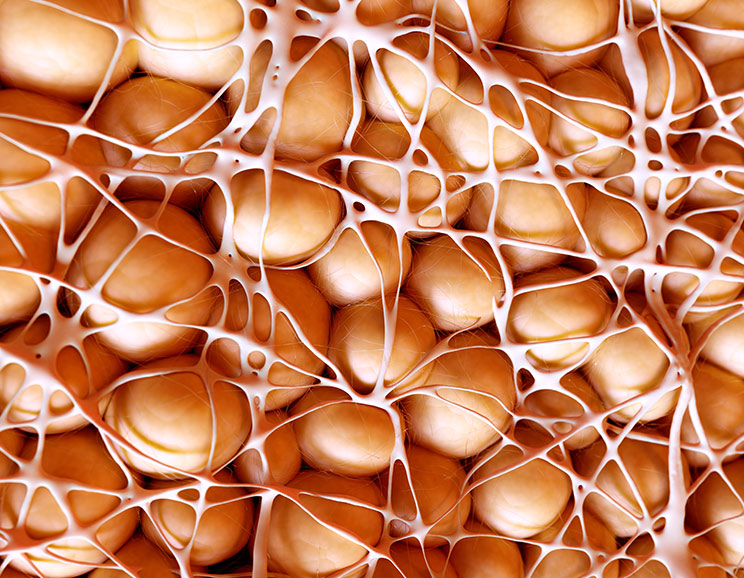

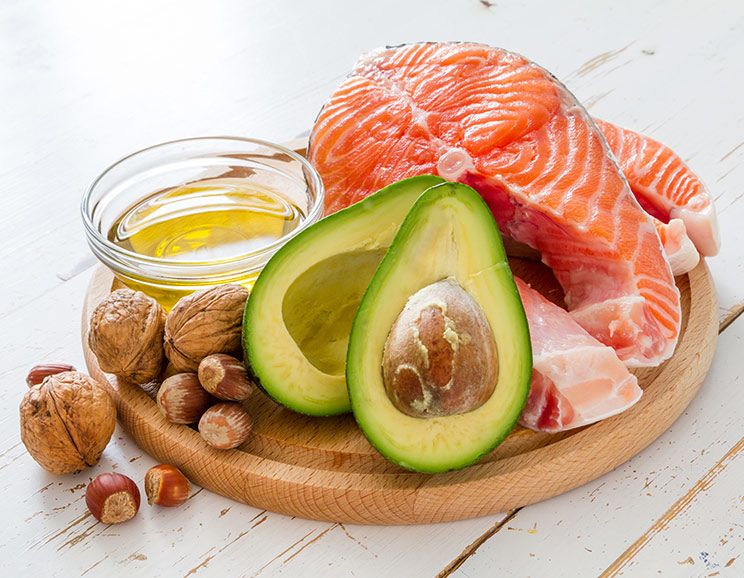
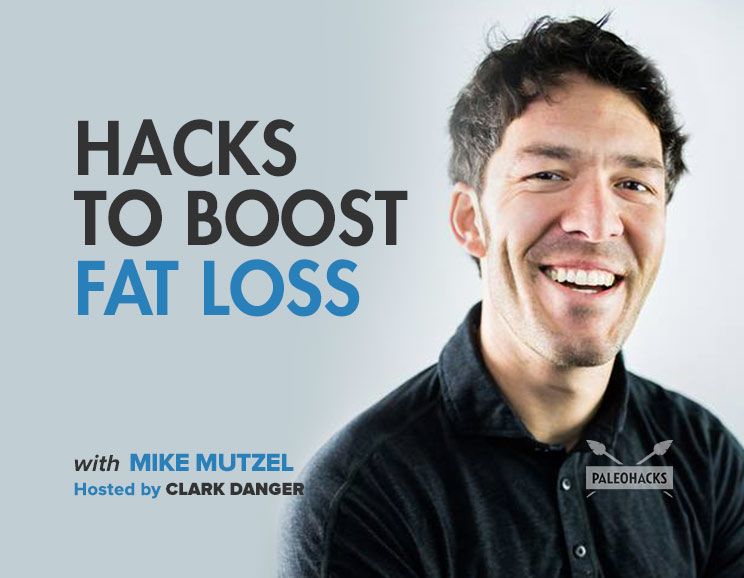
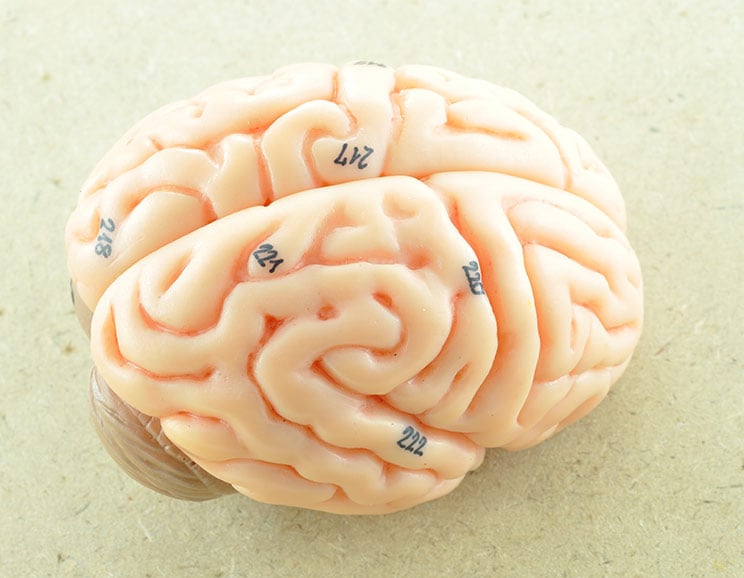
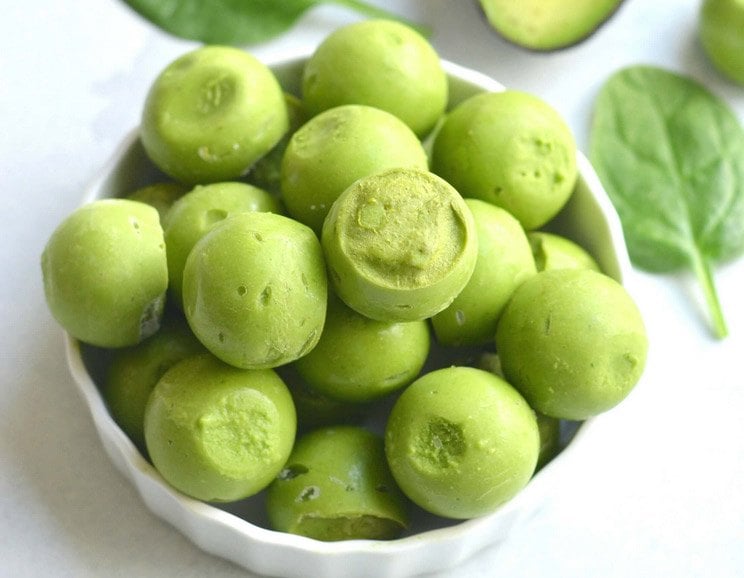
Show Comments